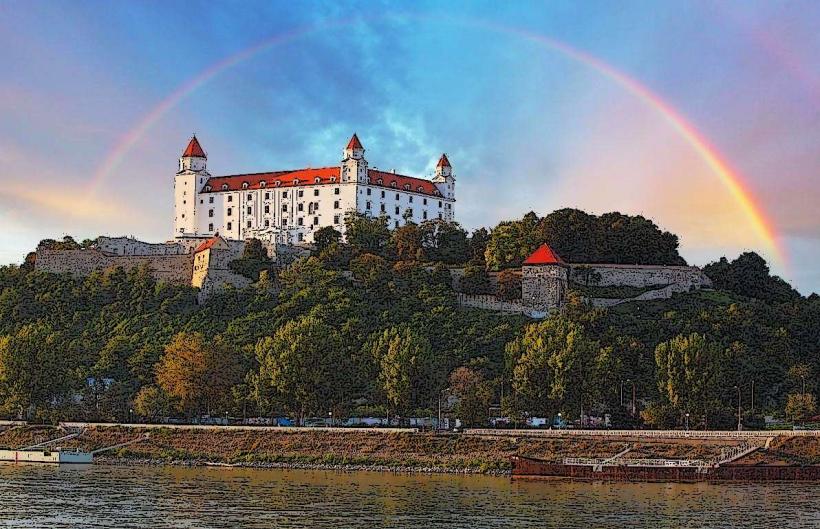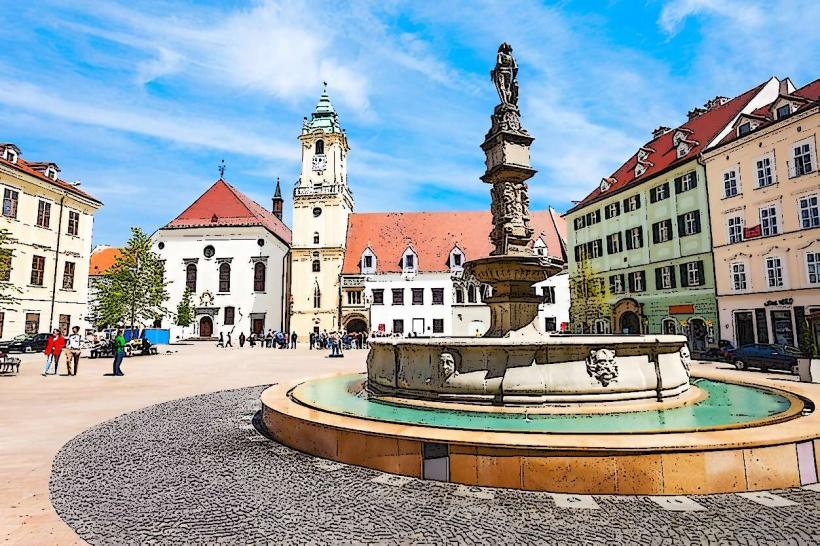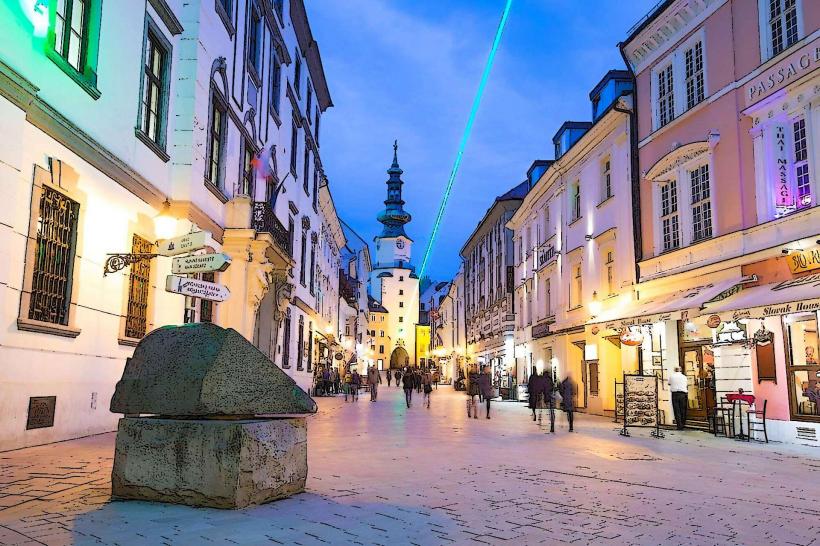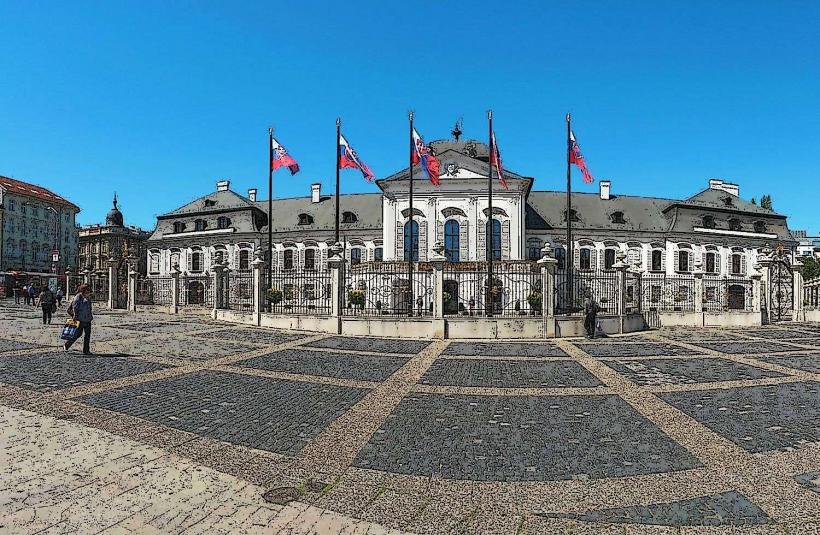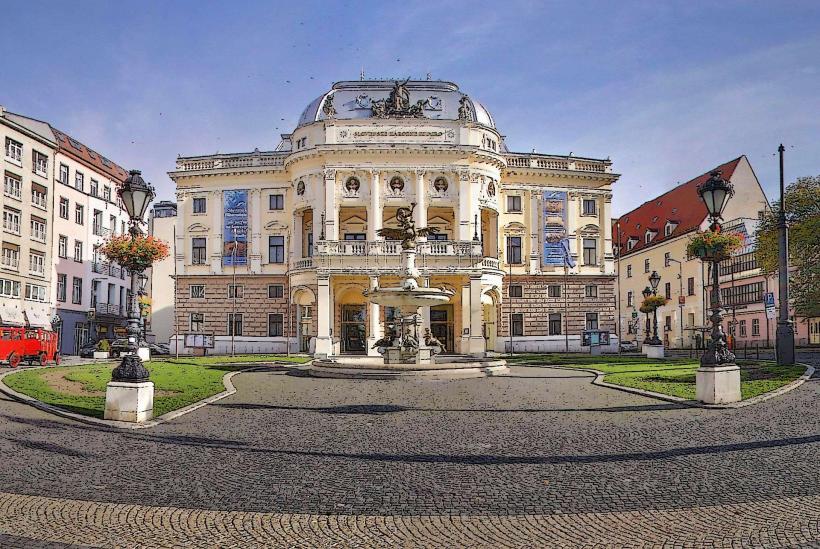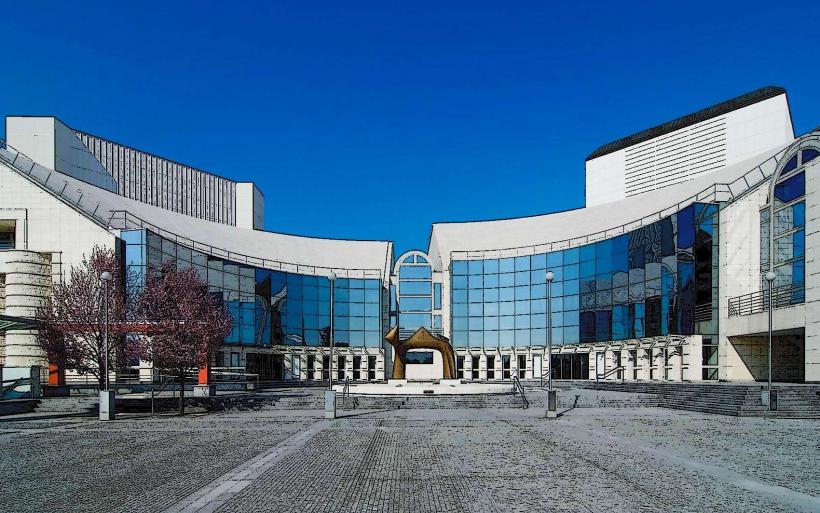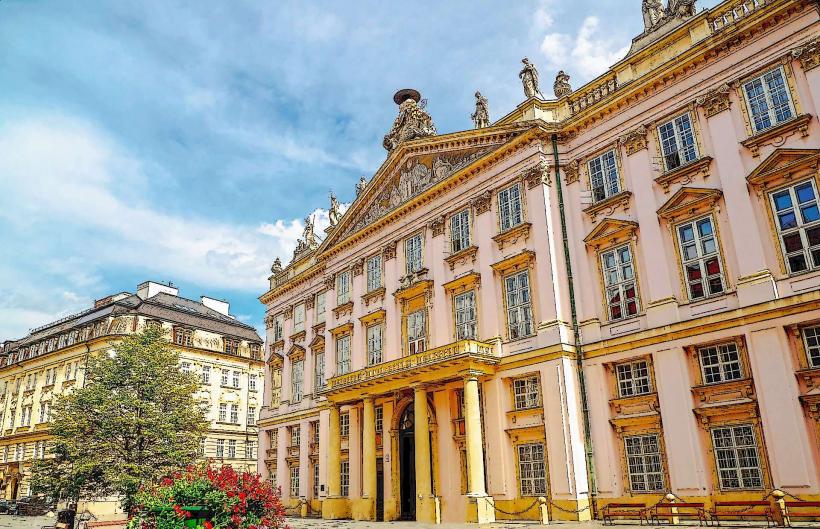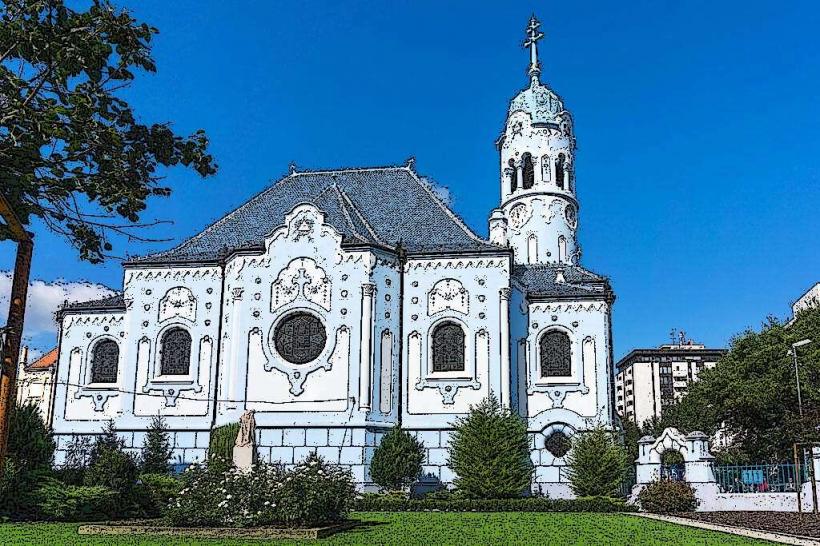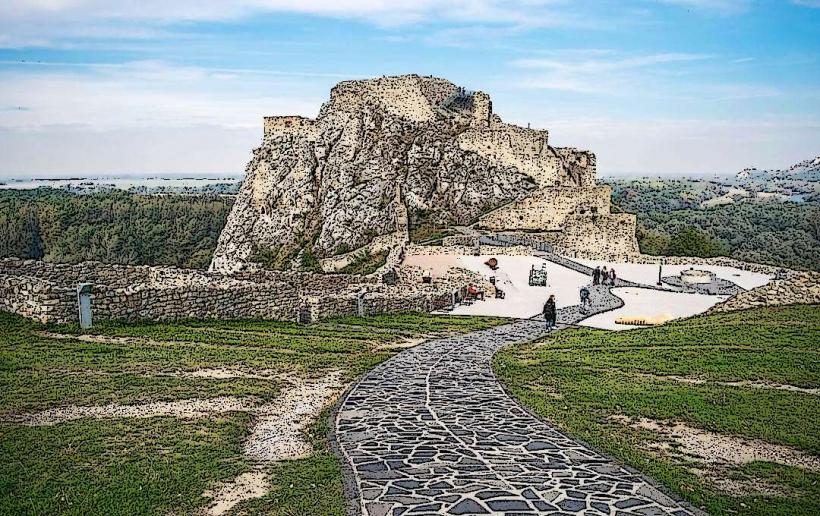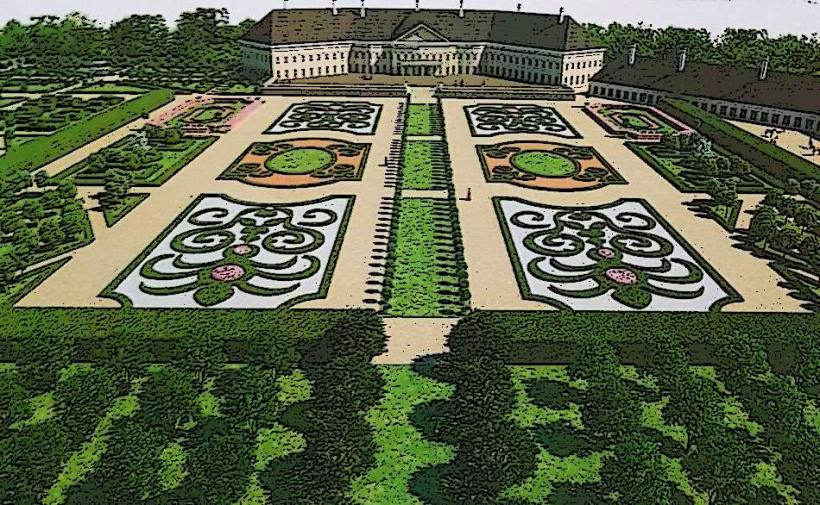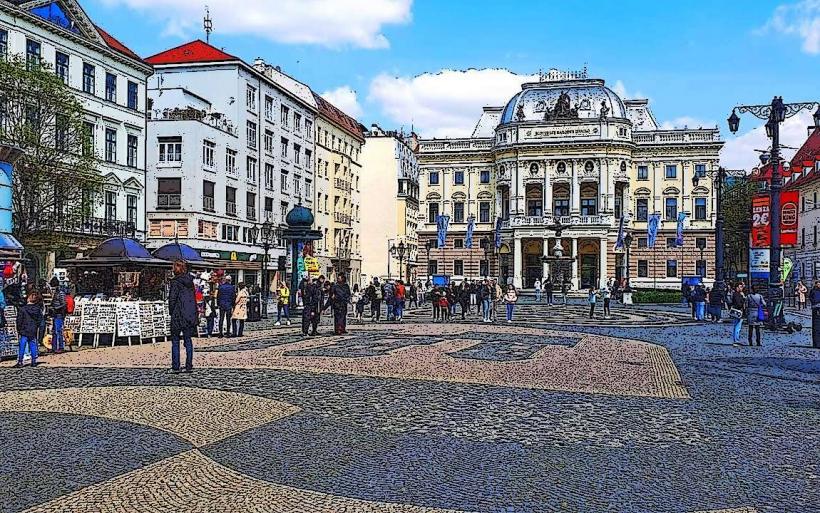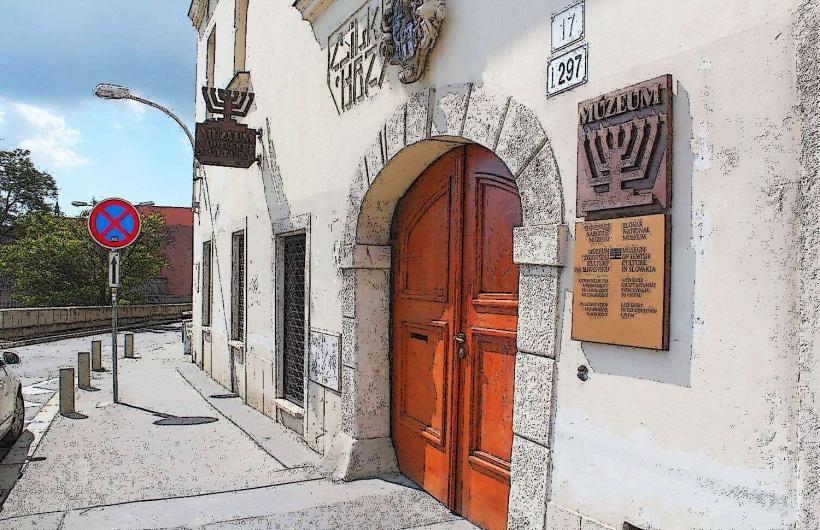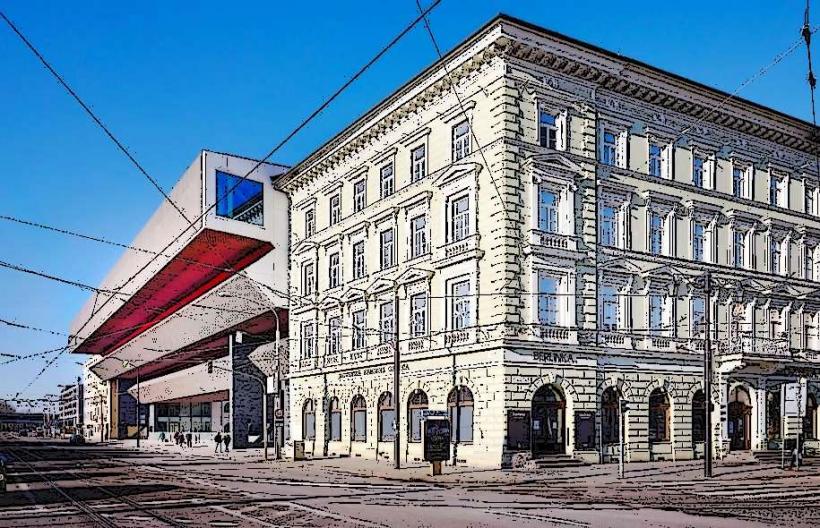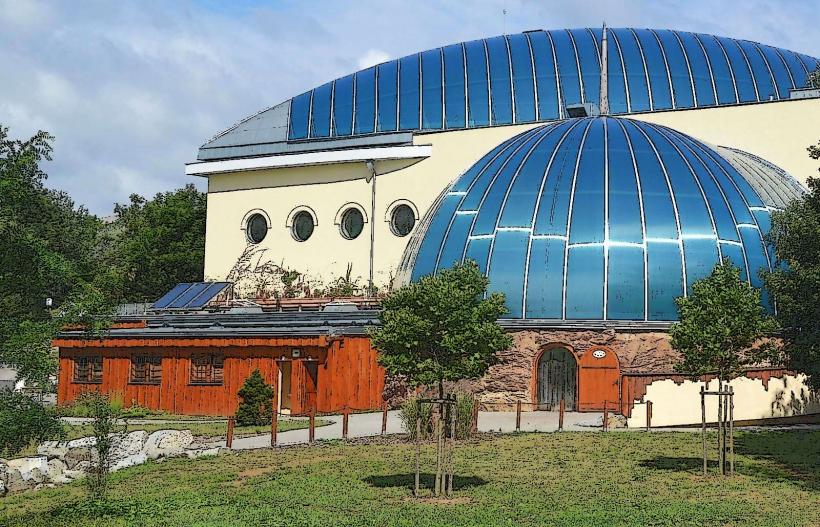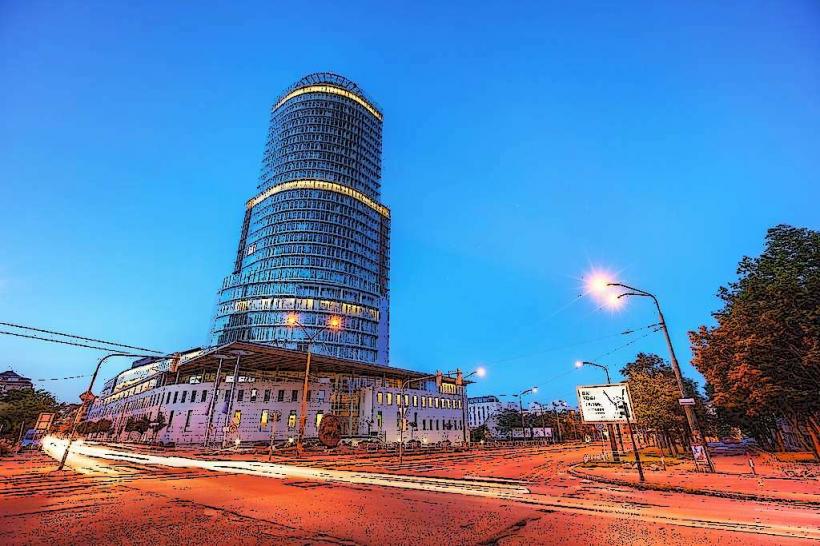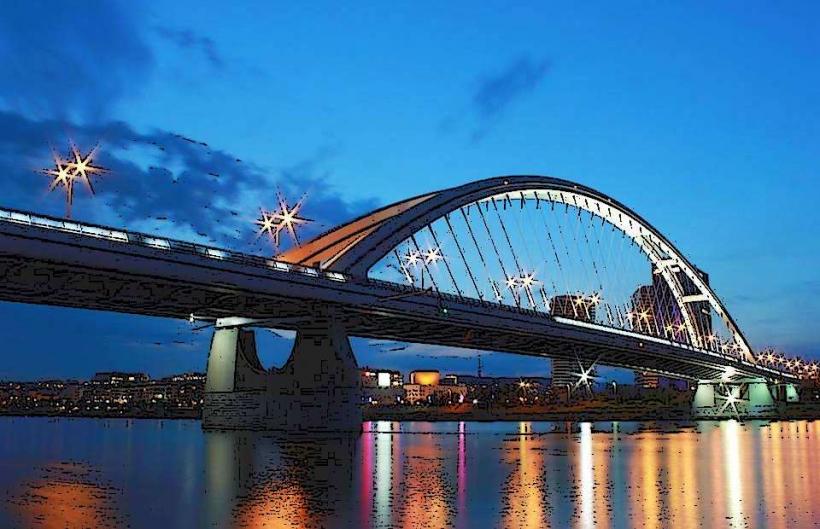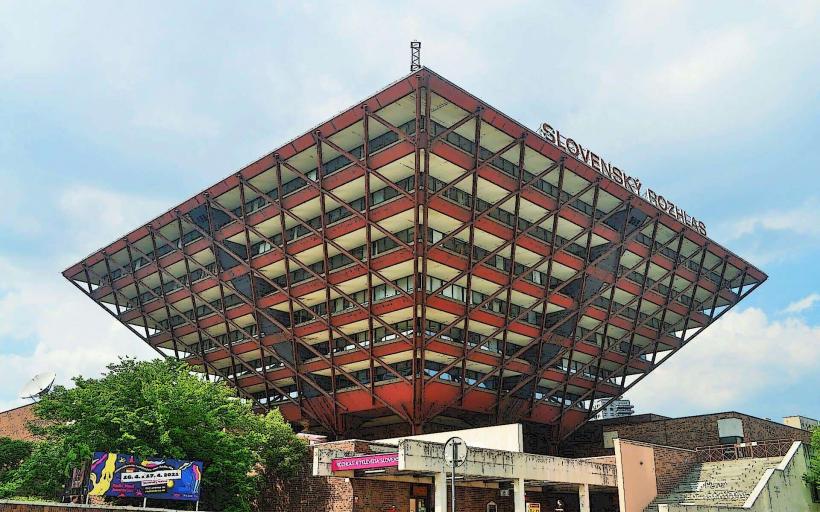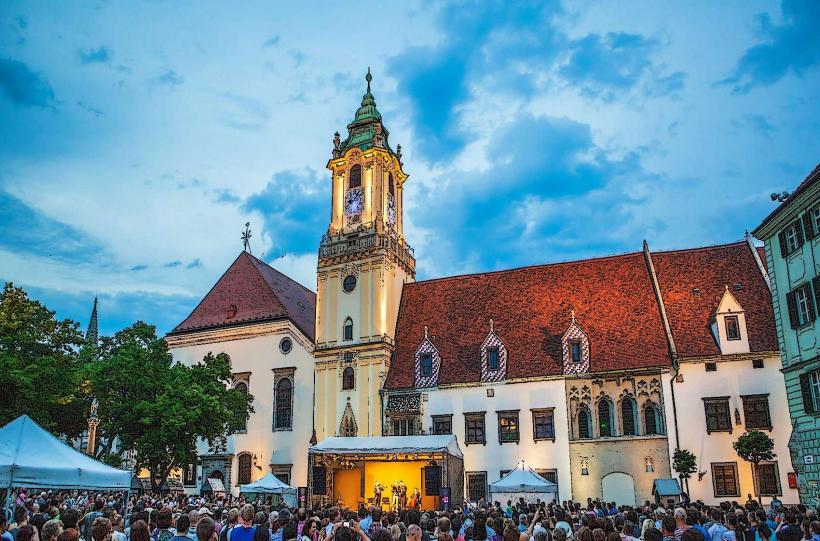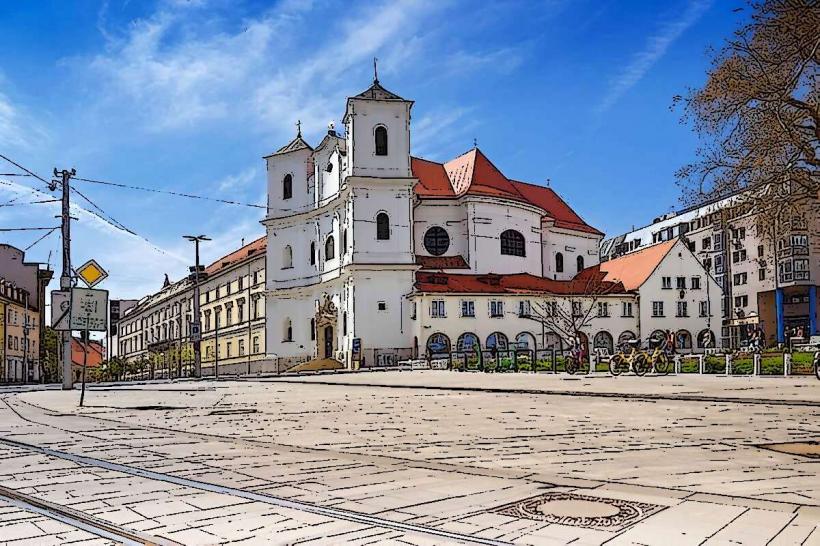Information
Landmark: St. Martin's CathedralCity: Bratislava
Country: Slovakia
Continent: Europe
St. Martin's Cathedral, Bratislava, Slovakia, Europe
St. Martin's Cathedral (Slovak: Katedrála sv. Martina) is one of the most important and historically significant landmarks in Bratislava, Slovakia. Located in the heart of the Old Town, the cathedral has a rich history that spans over 700 years.
General Information:
- Location: Bratislava, Slovakia
- Address: Rudnayovo námestie 1, 811 01 Bratislava, Slovakia
- Coordinates: 48.1445° N, 17.1087° E
- Denomination: Roman Catholic
- Architectural Style: Gothic (with later Baroque and Neoclassical additions)
- Diocese: Archdiocese of Bratislava
History:
Foundation and Early Construction:
- The site of St. Martin's Cathedral has been a place of worship since the 9th century, but the construction of the current cathedral began in the late 13th century.
- It was built to serve as a parish church and as a royal cathedral for the Hungarian kings who were crowned in Bratislava during the Kingdom of Hungary.
- The cathedral's construction was completed in the 15th century, though additional renovations continued into the 18th century.
Royal Coronation Church:
- St. Martin's Cathedral was the coronation site for 11 Hungarian kings and queens between 1563 and 1830, making it a key location for Hungarian royal history.
- Kings such as Maximilian II, Matthias Corvinus, and Maria Theresa were crowned here during the era when Bratislava was the capital of Hungary.
Baroque Renovation:
- In the late 17th and 18th centuries, the cathedral underwent significant Baroque renovations, particularly after the damage it suffered during various conflicts.
- The Baroque altar and decorative elements are still present in the cathedral today, blending with the Gothic structure.
Modern Times:
- St. Martin’s Cathedral continues to serve as the seat of the Roman Catholic Archdiocese of Bratislava and is a prominent landmark for both locals and visitors.
- It was restored several times throughout the 20th century and continues to be an active place of worship.
Architecture:
Exterior Design:
- Gothic Facade: The cathedral’s exterior reflects its Gothic roots, featuring pointed arches, flying buttresses, and large windows with intricate stained-glass designs.
- Main Entrance: The main entrance features a large wooden door adorned with carvings depicting biblical scenes and saints.
- Bell Tower: The cathedral has a prominent bell tower that rises 85 meters (279 feet) above the ground, topped with a golden crown. The tower is one of the tallest structures in Bratislava’s Old Town.
- Roof: The cathedral’s roof is distinctive with its green tiles and gold crown-shaped finial, symbolizing the Hungarian royal coronation tradition.
Interior Design:
- Gothic Nave and Vaults: The main interior is dominated by high Gothic vaulted ceilings supported by slender columns, creating an impression of verticality and openness.
- Baroque Altars: The cathedral contains several Baroque altars, including the Main Altar, which was completed in the 18th century and features a large painting of the Assumption of the Virgin Mary.
- Chapel of St. John the Baptist: This side chapel houses a Baroque altar and is known for its religious relics and artwork.
- Stained-Glass Windows: The cathedral's windows are adorned with beautiful stained-glass art depicting biblical stories, saints, and scenes from Christian history.
Royal Coronation Chairs:
- The Royal Coronation Chair is a significant feature of the cathedral, used during the coronations of Hungarian kings and queens. It is an important historical symbol of the connection between the cathedral and the Kingdom of Hungary.
Cultural and Religious Significance:
Religious Importance:
- As the seat of the Archdiocese of Bratislava, St. Martin's Cathedral remains a vital place for religious activities, including daily mass, special liturgies, and annual events like Easter and Christmas services.
- It continues to be a place of pilgrimage for Slovak Catholics and a venue for weddings and baptisms.
Royal History:
- The cathedral’s role as the coronation church for Hungarian monarchs adds to its historical importance. The connection to Hungarian kings, many of whom reigned over Slovakia, makes the cathedral a symbol of the region’s shared royal heritage.
Preservation of Art and Heritage:
- The cathedral contains valuable historical artworks, including sculptures, paintings, and relics. Some of these date back to the Gothic period, and others were created during the Baroque era.
- It is also home to important liturgical objects used during the coronation ceremonies.
Visitor Information:
Opening Hours:
- The cathedral is open for visitors during the day, typically from 10:00 AM to 5:00 PM, though hours can vary, especially during religious holidays.
- Visitors are encouraged to check for special events or services that may alter access to the cathedral.
Admission Fees:
- Entry to the cathedral for visitors is generally free, though donations are welcome.
- Special tours or access to the treasury may have an entrance fee.
Guided Tours:
- Guided tours are available for visitors who wish to learn more about the history, architecture, and significance of the cathedral. These tours can often be booked in advance or at the cathedral itself.
Accessibility:
- The cathedral is located in the heart of Bratislava’s Old Town, making it easily accessible by foot, public transport, or bike.
- The building is wheelchair accessible, though some parts of the cathedral may be challenging for those with mobility issues due to stairs.
Nearby Attractions:
- Bratislava Castle: Located nearby, the castle offers panoramic views of the city and the Danube River.
- Old Town (Staré Mesto): The historic district of Bratislava is filled with medieval buildings, narrow streets, and cafes, making it a perfect area to explore after visiting the cathedral.
- The Blue Church (Church of St. Elizabeth): A unique Art Nouveau church located nearby, famous for its blue-colored exterior and intricate design.
Fun Facts:
- Golden Crown: The golden crown at the top of the bell tower is a symbolic reference to the Hungarian coronation tradition. It is a notable feature of the cathedral’s architecture.
- Coronation Connection: St. Martin’s Cathedral hosted coronations for Hungarian monarchs from the 16th to the early 19th century, marking a significant link between Bratislava and Hungary’s royal history.
- Architectural Adaptations: While the cathedral originally followed a Gothic design, its Baroque renovations in the 17th and 18th centuries give it a unique blend of architectural styles that tell the story of Bratislava’s evolution.
St. Martin's Cathedral is not just a religious center, but a symbol of Bratislava's rich royal and cultural history. Its stunning architecture, connection to Hungarian royalty, and vibrant role in the city’s spiritual life make it a must-visit landmark for anyone traveling to the Slovak capital.

